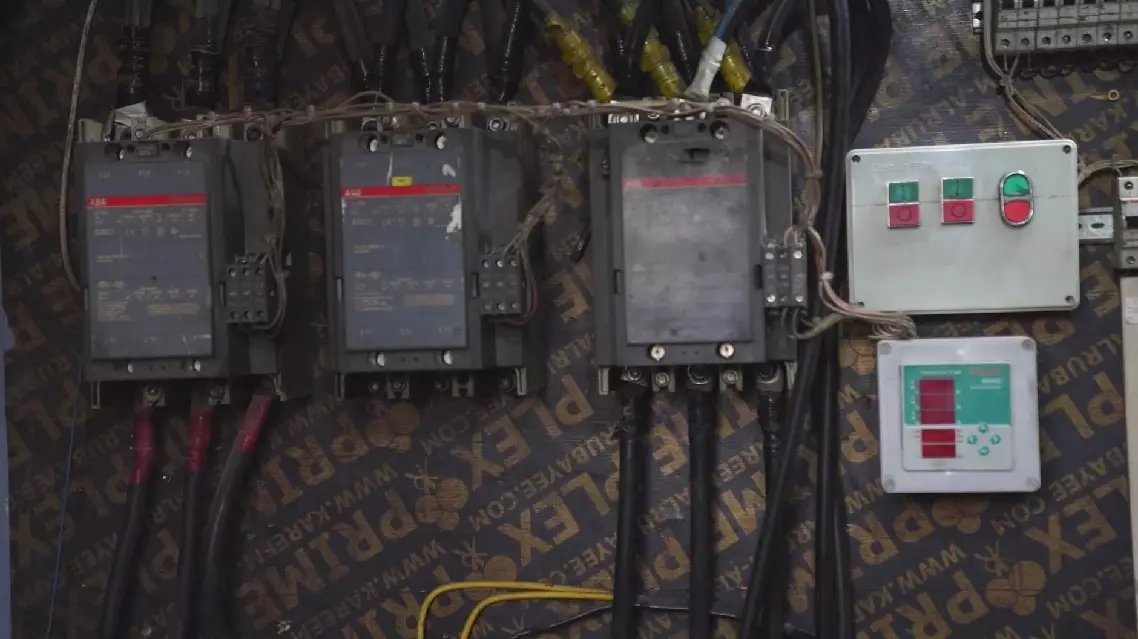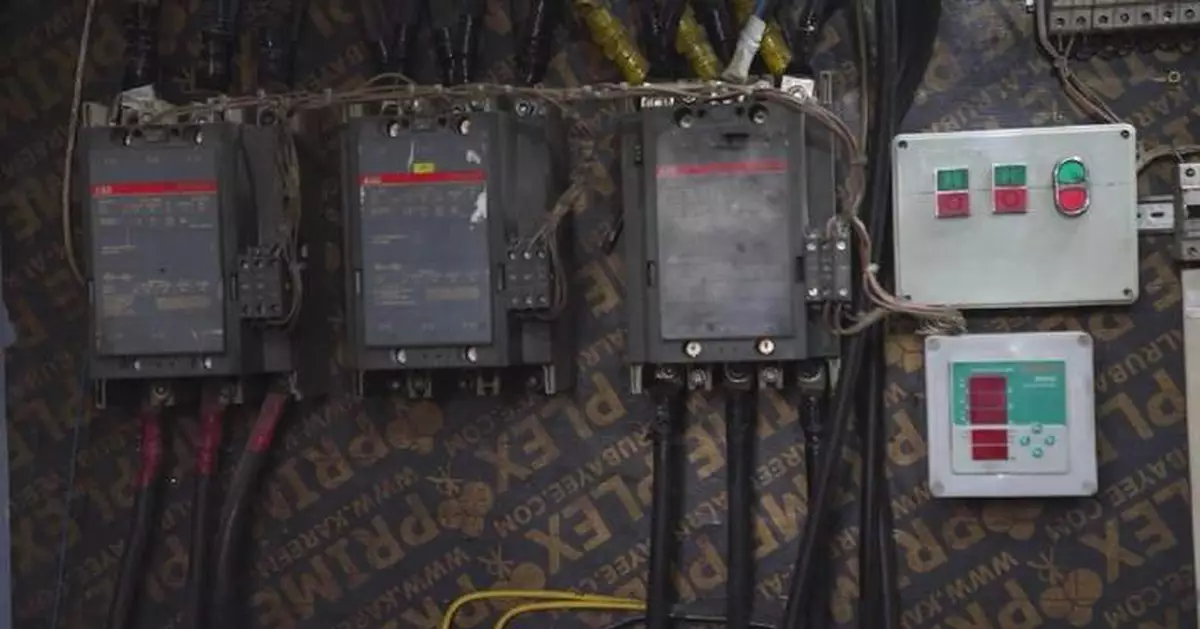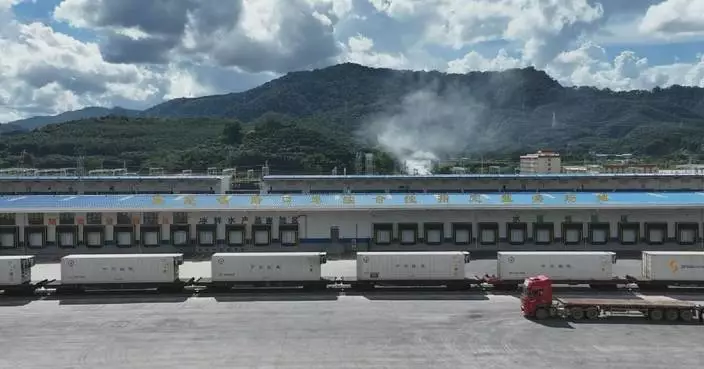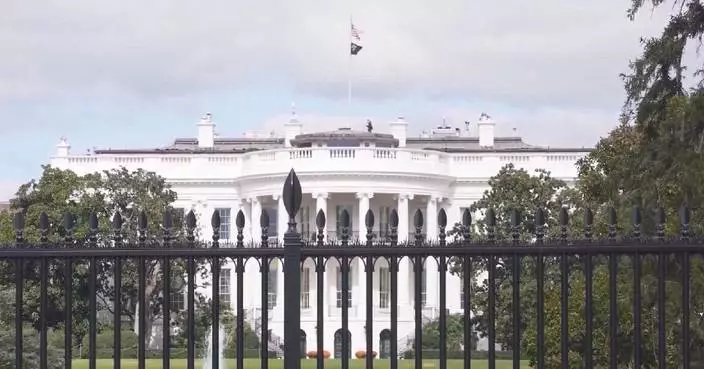Iraq is suffering frequent electricity outages since the United States ended a sanctions waiver tied to gas and electricity from Iran in March, as Iraq is 60 percent dependent on Iranian electricity.
The U.S. Department of State said in a statement on March 9 that the decision not to renew the waiver was made to "ensure we do not allow Iran any degree of economic or financial relief," Al-Jazeera reported. The waiver was introduced by the Trump administration in 2018 as a move to pressure Tehran.
The U.S. policy has severely affected daily and business activities in Iraq, forcing many stores and small-sized companies to shorten business hours or even shut down due to the lack of power.
"Here we usually get two hours of electricity, then a two-hour outage, then two more hours of electricity, followed by a five-hour outage. The worst is when we get just two hours of electricity and then seven to eight hours of outage. The generators are being pushed beyond their limits. For us ordinary people, there's simply no stability in power supply," said a resident in the capital Baghdad's Al-Tifiya neighborhood, one of the most impacted regions.
The outages have forced communities to rely on gas-powered generators. However, with fuel prices soaring, electricity costs now consume over half of an average family's daily income.
"Most of the time we rely on neighborhood generators. The maintenance and fuel costs are too high for private generators. I'm a laborer doing odd jobs, and my earnings go to power bills and generator upkeep. The electricity shortage worsens during summer heats, when we can only rely on generators," the resident said.
Community generators, long a crucial backup to Iraq's unreliable national grid, are now facing unprecedented challenges under the sanctions. Operators are struggling with skyrocketing fuel costs and mounting maintenance expenses.
"The pressure on generator owners has recently exceeded reasonable limits. Operating costs have gone out of control. Baghdad's provincial government did calculations showing that generator owners are actually operating at a loss, subsidizing operations out of pocket every month. When gas supplies were stable before, during peak usage periods the price could reach one million Iraqi dinars (about 758 U.S. dollars) per 1,000 cubic meters. Now if we don't even have gas, fuel prices will likely double," said Duragham Shuweiri, a member of Generator Union under the Federation of Workers Councils and Unions in Iraq.
"Iranian gas has become an American political pressure tool. They've achieved their goal. But in the end, it's the Iraqi people who suffer the consequences," said Shuweiri.

Iraq suffers power outages as US ends sanction waiver over electricity imports from Iran





















































